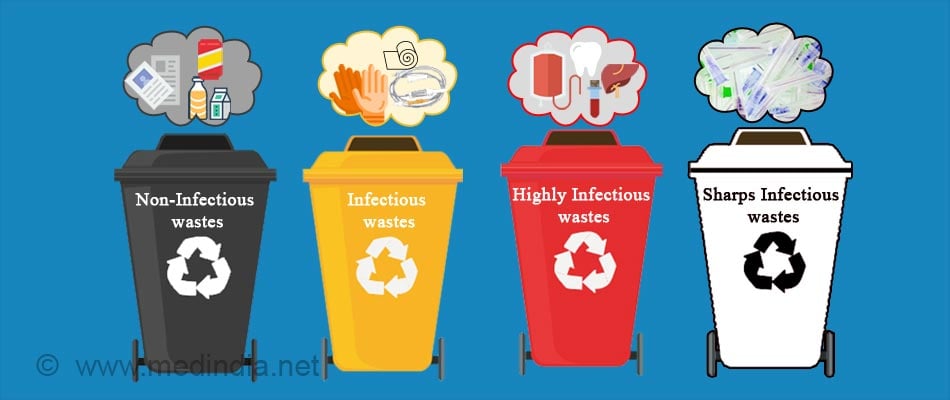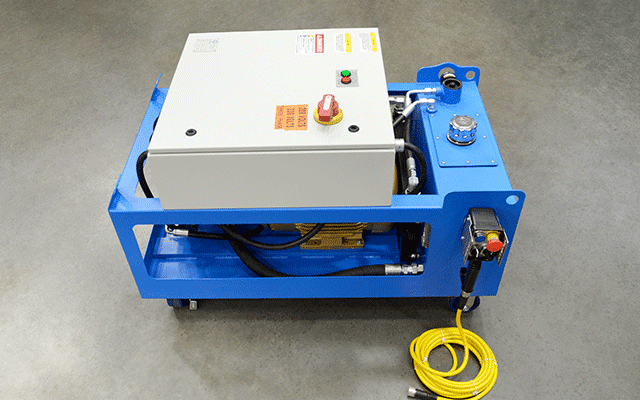What’s medical waste disposal

You have medical waste. We have a solution. Medical waste disposal drop off can be a challenge, but it’s one that we’re here to help you with. That’s why we offer convenient, secure, and affordable drop-off locations throughout the country.
We know that dealing with medical waste can be difficult, which is why we’re here to help. We offer a variety of services to make disposing of your medical waste as easy and stress-free as possible.
You can find our drop-off locations by searching for your city or state on our website. We have locations in all 50 states, so you’re sure to find one that’s convenient for you.
Once you’ve found a location, simply bring your medical waste to the facility and our team will take care of the rest. We’ll make sure that it’s disposed of properly and in accordance with all local, state, and federal laws.
We know that dealing with medical waste can be a challenge, but we’re here to help. Contact us today to learn more about our drop-off locations and services.
In this article, we’ll provide an overview of our drop-off locations, as well as the types of medical waste we accept. We’ll also answer some of the most common questions about our service.
So, if you’re looking for a hassle-free way to dispose of your medical waste, read on. We’ve got you covered.
What Is Medical Waste and Why Is It Important to Dispose of It Safely?
So, what is Medical waste disposal drop off ? In short, it’s any waste that arises from the diagnosis, treatment or prevention of disease. This can include biomedical waste, pharmaceuticals and sharps.
When not disposed of properly, medical waste can pose a serious threat to public health and the environment. It can contaminate water supplies, spread harmful diseases and lead to the growth of harmful bacteria. That’s why it’s so important to safely dispose of it.
There are many ways to do this, but one of the easiest and most convenient is to drop it off at a medical waste disposal drop-off location. These locations are set up to safely handle and dispose of medical waste. All you need to do is bring your waste there and let them take care of the rest.
What Can Be Included in Medical Waste for Disposal?
As a responsible medical professional, you must know what is classified as medical waste and how to properly dispose of it.
Medical waste can include sharps (needles, lancets, blades), blood and body fluids, cultures and stocks, pathological waste, and pharmaceuticals.
It’s important to remember that any item that has come into contact with blood or other potentially infectious materials must be disposed of as medical waste. This includes items like bed sheets, gowns, and gloves.
It’s also important to remember that not all medical waste needs to be taken to a drop-off location. Small quantities of medical waste can be disposed of in the trash as long as it is triple-bagged and sealed.
Where Are the Drop Off Locations for Medical Waste Disposal?
There are a number of drop-off locations for medical waste disposal all around the country. You can find a directory of these locations on the EPA website.
In order to properly dispose of medical waste, you need to know what kind of waste you have.
– Sharps: This includes any items that can puncture or cut skin, such as needles, scalpels, or lancets.
– Infectious: This includes any waste that could potentially cause an infection, such as used bandages or gloves.
– Pharmaceutical: This includes any unused or expired medication.
– Chemical: This includes any waste that contains chemicals, such as cleaning solutions.
You will need to package your medical waste according to the type of waste it is. For example, sharps must be disposed of in a puncture-proof container. Infectious waste must be disposed of in a leak-proof, sealed container.
Once you have properly packaged your medical waste, you can take it to a drop-off location. Make sure to call ahead to find out the hours of operation and any other requirements.
Each state has different regulations for medical waste disposal, so be sure to research the rules and regulations in your state. You’ll need to know what kinds of medical waste are accepted and which ones are not.
In general, most medical waste can be dropped off at these locations, including bandages, needles, blood-soaked materials, and other sharp objects. If you’re not sure whether an item is considered medical waste or not, it’s best to err on the side of caution and dispose of it at a drop-off location.
How Do I Prepare My Medical Waste for Drop Off in Singapore?
So you know where to drop off your medical waste, but do you know how to prepare it?
– Make sure all waste is properly wrapped and sealed before bringing it to the drop-off point
– Label all containers with the type of waste inside
– Keep any sharps in a puncture-proof container
By following these simple steps, you can help ensure that your medical waste is properly disposed of and doesn’t pose a danger to anyone.
- First, make sure that the waste is properly contained. This means using proper bags or containers that are leak-proof and puncture-resistant.
- Second, label the waste clearly. The label should include the type of waste, the date it was generated, and the name and contact information of the generator.
- Third, if the waste is in a liquid form, make sure it is solidified before bringing it to the drop-off point. This can be done by adding absorbent materials like sawdust or kitty litter.
And that’s it! Once you’ve done all of this, you’re ready to drop off your medical waste at the nearest disposal point.
What Are the Regulations for Medical Waste Disposal in Singapore?
You need to know about the regulations for medical waste disposal in Singapore before you can drop off your medical waste. The wastes have to be segregated according to the type of waste before being disposed of.
The four main types of medical waste are: general waste, infectious waste, offensive waste, and radio-active waste.
- General waste refers to any non-infectious waste that is not offensive and does not emit radiation. This type of medical waste can be disposed of in any general landfill.
- Infectious wastes are those that contain microorganisms that could cause infections. These include body tissues and fluids, lab cultures, and contaminated sharps. Infectious wastes must be incinerated at a temperature of at least 1000 degrees Celsius.
- Offensive wastes are those with a bad odor that could cause offense to people. These include animal carcasses and body parts, as well as soiled dressings and beddings. Offensive wastes must be incinerated at a temperature of at least 1000 degrees Celsius.
- Radioactive wastes are those that emit ionizing radiation. These include used X-ray films, sealed sources, and radium needles. Radioactive wastes must be disposed of in a licensed radioactive landfill or by deep burial.
Who Is Responsible for Proper Disposing of Medical Waste in Singapore?
You might be wondering who is responsible for the proper disposing of medical waste in Singapore. The answer is that it’s the responsibility of the generators of medical waste to ensure that their waste is properly disposed of.
This means that if you’re a hospital, clinic, or any other type of medical facility, it’s your responsibility to make sure that your medical waste is properly taken care of. You’re also responsible for ensuring that your staff is properly trained in medical waste disposal procedures.
So what does this mean for you? If you’re generating medical waste, it’s important to find a reputable company that can pick up and dispose of your waste properly. A lot of companies will claim to be able to do this, but not all of them are created equal.
Do your research and make sure that you’re working with a company that has a good reputation and that you can trust to properly dispose of your medical waste.
Conclusion
So, now you know where to drop off your medical waste. But do you know what you need to do before you do? Make sure you have the following items ready before you drop off your medical waste:
- A valid ID or driver’s license
- The name of your waste generator
- The waste pickup day
- The amount of medical waste you are disposing
- The type of medical waste you are disposing
If you have any other questions about medical waste disposal, don’t hesitate to reach out to the facility where you plan on dropping off your waste. They should be more than happy to help.




